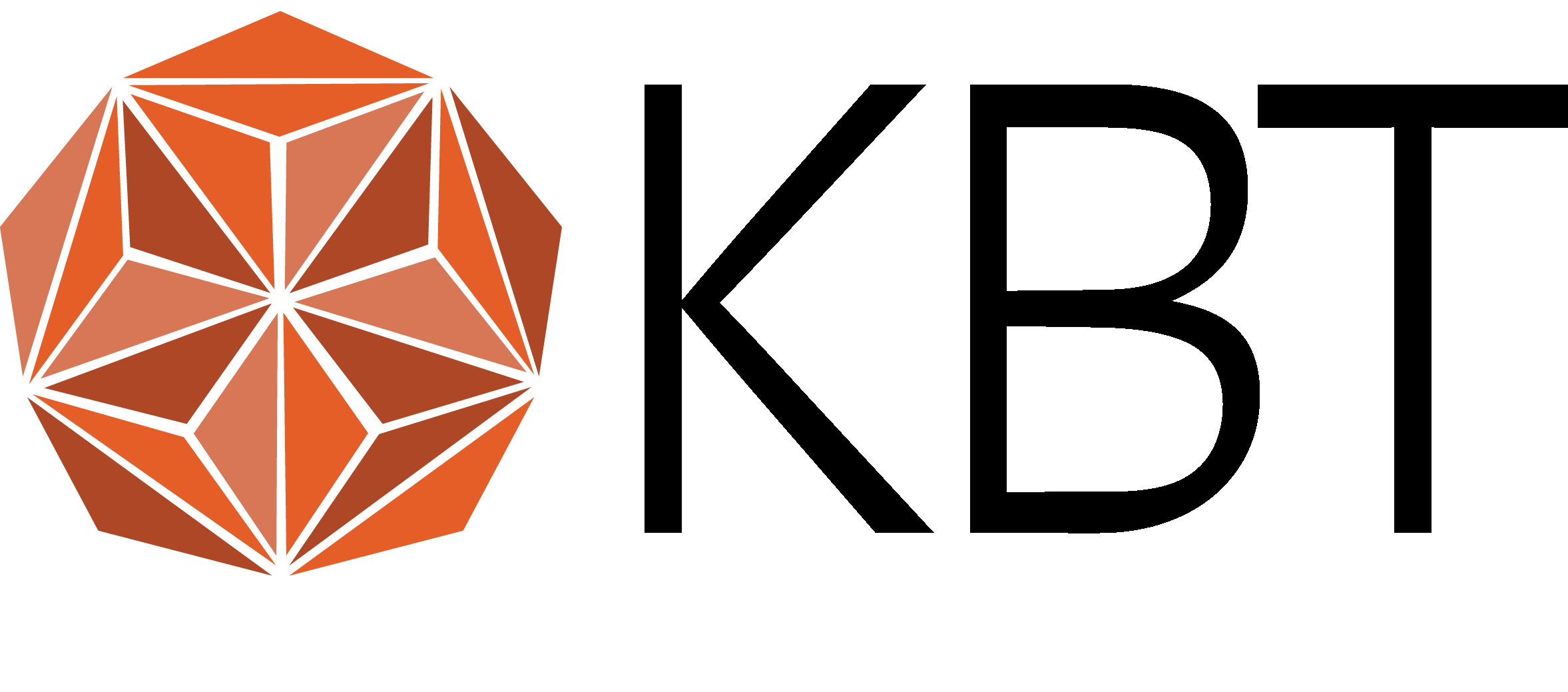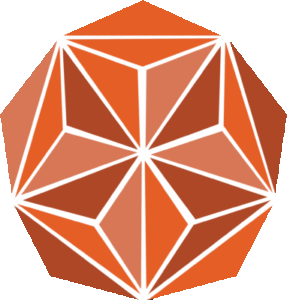Venues and methods – user involvement for children and youth
Methods for user involvement of children and youth
There are many ways to involve children and youth regarding to services, research and more. Following are a list over different ways this can be done:
- Equal cooperation – Participation in own plan and process as a service user.
- IP – Individuell plan [Individual plan] – Plan/tools for a comprehensive, coordinated and individually tailored service, strengthening the interaction between service and service user/relatives and ensuring service user involvement. The plan is the service user`s own plan, and shall be based on his/her goals and wishes.
- Peer support specialists – Employees hired because of lived experience in health services.
- Written schemes, evaluation forms and questionnaires
- FIT – Feedbackorienterte tjenester [Feedback-Oriented Services] (also known as KOR – klient- og resultatstyrt praksis [Client- and Preformance-Based Practice]) – Schedule for systematic retrieval of service user feedback about the usefulness of treatment, therapy process and relationship with therapist, based on different evaluation scales. The scheme is filled out by the service user at the end of each treatment session, and becomes the basis of conversation about how the treatment works and what to change. In this way, the service user are given an active role in the treatment and development process.
- Interviews and dialogue based evaluation
- User Intervieuws User (UIU) – A qualitative method where former service users participate in designing and conducting interviews with current service users. The results are summarized in a final report and shared in dialogue conference with all involved. KBT has long experience with this method.
- Relatives – The service user’s network is involved and motivated to participate in the service user’s recovery process based on his/hers wishes and needs.
- Children and youth as co-researchers
- Children`s Research Centre – Works with children and young people to support their involvement in research, UK.
- Presentation by establisher Professor Mary Kellet
- The project “My voice matters“, at KBT.
- The project “Spaces & Places” – A multi-site, visual methods study exploring spaces available to youth that establish a sense of community and cultural connection when facing increased risks, Canada.
- Children`s Research Centre – Works with children and young people to support their involvement in research, UK.
- Networks with focus on dialogues, exploration, education, dissemination and research considering children and youths mental health
- Childwatch International Research Network – A global, non-profit, nongovernmental network of institutions that collaborate in child research for the purpose of promoting child rights and improving children’s well-being around the world.
Venues for user involvement
Today there are many organizations and places that focuses on user involement. Here ares some of them (most in Norway).
- The Regional Centres for Child and Youth Mental Health and Child Welfare (RKBU) – Working with developing, managing and providing quality assurance of knowledge about child and adolescent mental health and child care.
- RKBU North
- RKBU Central Norway
- RBUP East and South
- RKBU West
- Child and youth councils and panels: Young representatives with an advisory function from a service user perspective, aiming at promoting communication, experiences and challenges, for the benefit of service development.
- Ombudsman – In each county, there is an ombudsman with the role of helping patients and clients who do not get the help or treatment they are in need of. Ombudsman acts as a voice for patiens and clients to ensure that rights, safety, needs and interests are met in the health services.
- The Ombudsman for Children – An advocate for children and young people`s rights, that strives to ensure that the voices of children and youth are being heard and their rights met in health services.
- Representatives and spokespersons – Adults engaged to speak on behalf of children and youth to bring forward the voice, needs and interests of youth. Examples on areas are user councils in health services and municipalities, Control Commission, spokespersons in child welfare, and different work- and resource groups. The aim is to validate and strenghten the voice of youth and contribute to their needs and meanings are taken into account to policy makers.
- Dialogue conferences/dialogue meetings – A gathering of service users/service user representatives and professionals/service providers with the goal of creating dialogue about the services, highlighting issues and solutions.
- Service user / Next of kin Organizations, Nonprofit Organizations, Foundations, Voluntary Bodies created to protect the Interest of adult service users – Represents knowledge and experience from service users and engages in counseling, dissemination, training, support and enhancement of the service user voice at individual level, system level, and political level.
Centers that are working with user involvement
Regional user driven centers – Resource bases for service user competence and training in mental health and substance abuse. Work on obtaining, validating and disseminating service user knowledge and experience, as well as training, research and evaluations.
- Competence center for lived experience and service development (KBT)
- Sagatun user driven center
- Bikuben regional user driven center
- Vårres regional user driven center
- ROM-Agder regional user driven center
Drug and alcohol competence centre (KoRus)
- Drug and alcohol competence centre – South
- Drug and alcohol competence centre – Central-Norway
- Drug and alcohol competence centre – North
- Drug and alcohol competence centre – East
- Drug and alcohol competence centre – Oslo
- Drug and alcohol competence centre – West Bergen
- Drug and alcohol competence centre – West Stavanger
Competence and knowledge centers
Norwegian centre for violence and traumatic stress studies (NKVTS)
Regionalt ressurssenter om vold, traumatisk stress og selvmordsforebygging (RVTS)
Norwegian National Advisory Unit on Concurrent Substance Abuse and Mental Health Disorders (ROP)
National resource center for self-help (Self-help Norway)
Samisk nasjonalt kompetansesenter for psykisk helse (SANKS)
Nasjonalt kompetansesenter for psykisk helsearbeid (NAPHA)
Nasjonalt kompetansesenter for nevroutviklingsforstyrrelser og hypersomnier (NEVSOM)
The National Institute on Intellectual Disability and Community (NAKU)
Nasjonalt senter for erfaringskompetanse innen psykisk helse (Erfaringskompetanse.no)

